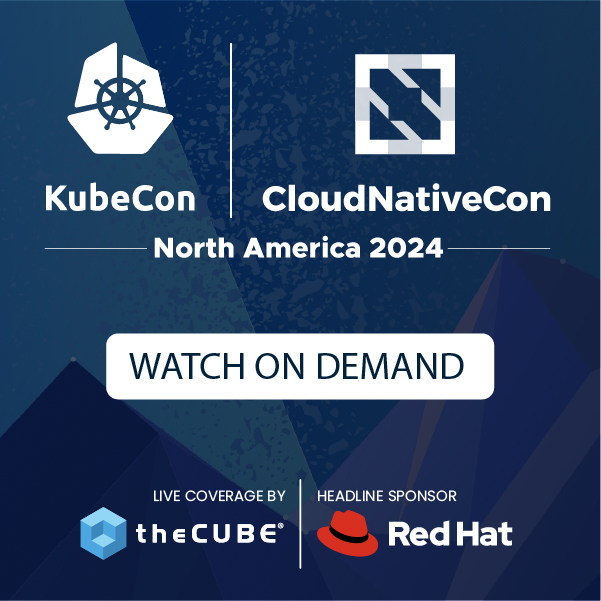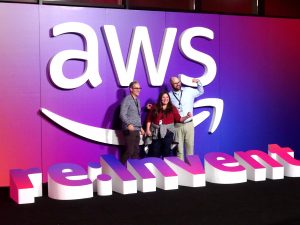WikiLeaks Debacle Raises Questions about Amazon and the Need for an Open Cloud
![]() GigaOM is running a politically topical story right now about how Amazon’s actions in the WikiLeaks case have darkened the lining of the cloud-storage industry. In the wake of the release of a stack of highly charged secret diplomatic cables, WikiLeaks gained international attention and criticism. Their website, and the public copies of the documents in question, had been hosted on Amazon’s cloud-storage EC2 service; but after the United States government addressed the content as potentially illegal, Amazon discontinued service to WikiLeaks.
GigaOM is running a politically topical story right now about how Amazon’s actions in the WikiLeaks case have darkened the lining of the cloud-storage industry. In the wake of the release of a stack of highly charged secret diplomatic cables, WikiLeaks gained international attention and criticism. Their website, and the public copies of the documents in question, had been hosted on Amazon’s cloud-storage EC2 service; but after the United States government addressed the content as potentially illegal, Amazon discontinued service to WikiLeaks.
In the ensuing hailstorm of discussion, criticism, and other questions a lot has come out about what people feel about the current cloud-storage and -computing offerings can do to the people hosting on their services. Should what happened to WikiLeaks become an object lesson for other politically charged content on cloud-storage services?
In the Wall Street Journal yesterday, Dr. Joseph Reger — CTO for Fujitsu Technology Solutions — said Amazon’s decision to withdraw hosting for WikiLeaks from its EC2 servers is “bad news for the new IT paradigm of cloud computing,” and ultimately calls “the security and availability of cloud services into question.” Although Amazon maintained it was simply enforcing its terms of service — which prevent companies from hosting content to which they do not have the rights, or content that will/could lead to injury — Reger said the company’s actions would cause many to lose faith in the cloud.
The Fujitsu executive also raised the issue of whether cloud providers should even be in the business of assessing the legality of content, asking: “Should [they] constantly review whether any of their customers are pursuing an unpopular or immoral activity and continually make value judgments as to whether they are willing to continue the service?” Deciding whether content is legal, he said, “is not the job of providers. It has to be judged by a court of law.” Reger has a point: is Amazon going to start reviewing all the content it hosts now, just in case someone has uploaded something illegal? The company may be abiding by the “notice and takedown” language of the Digital Millennium Copyright Act, but that only provides so much safe harbor.
As readers might have guessed, the use of “open cloud” in the media in this instance refers not to “open source” but instead “open and free.” The Internet has long been the wild west of information and it’s hard not to vilify systems that cut off people’s access to information—even when that information has been deemed illegal or dangerous by others. However, that’s exactly where the tension here lies.
It seems unlikely that the activity of Amazon over their EC2 service really is “bad news for the new IT paradigm of cloud computing” since this is absolutely nothing new. Amazon was hosting something for someone, a contract existed between them along with a set of restrictions in the form of Terms of Service; perhaps they had something similar to a “morality clause” as part of that. Many companies will terminate service with people they fear directly impinges on their reputation. EC2 could have been colo-based servers, or even a remote file server and this still could have happened. It is not at all related to them providing cloud-storage, but a company supplying a service.
It does perhaps highlight the usefulness of a content agnostic cloud-storage service and this brings to mind safe harbors on the Internet for such content. Right now, the Internet’s global nature means that there’s a huge open market for even political dissidents and pariahs to move their goods between. Of course, even these havens still have physical locations (or at least the people who run them must be citizens of some country) and governments can still pressure them to remove or cut ties with people they don’t like.
What happened doesn’t highlight any issue with the security and viability of cloud-computing for the IT Industry’s trust in it as a technological framework, but instead illuminates speech and freedom issues that exist with all information technology because it’s a collision of ideas and meeting of people.
A message from John Furrier, co-founder of SiliconANGLE:
Your vote of support is important to us and it helps us keep the content FREE.
One click below supports our mission to provide free, deep, and relevant content.
Join our community on YouTube
Join the community that includes more than 15,000 #CubeAlumni experts, including Amazon.com CEO Andy Jassy, Dell Technologies founder and CEO Michael Dell, Intel CEO Pat Gelsinger, and many more luminaries and experts.
THANK YOU











